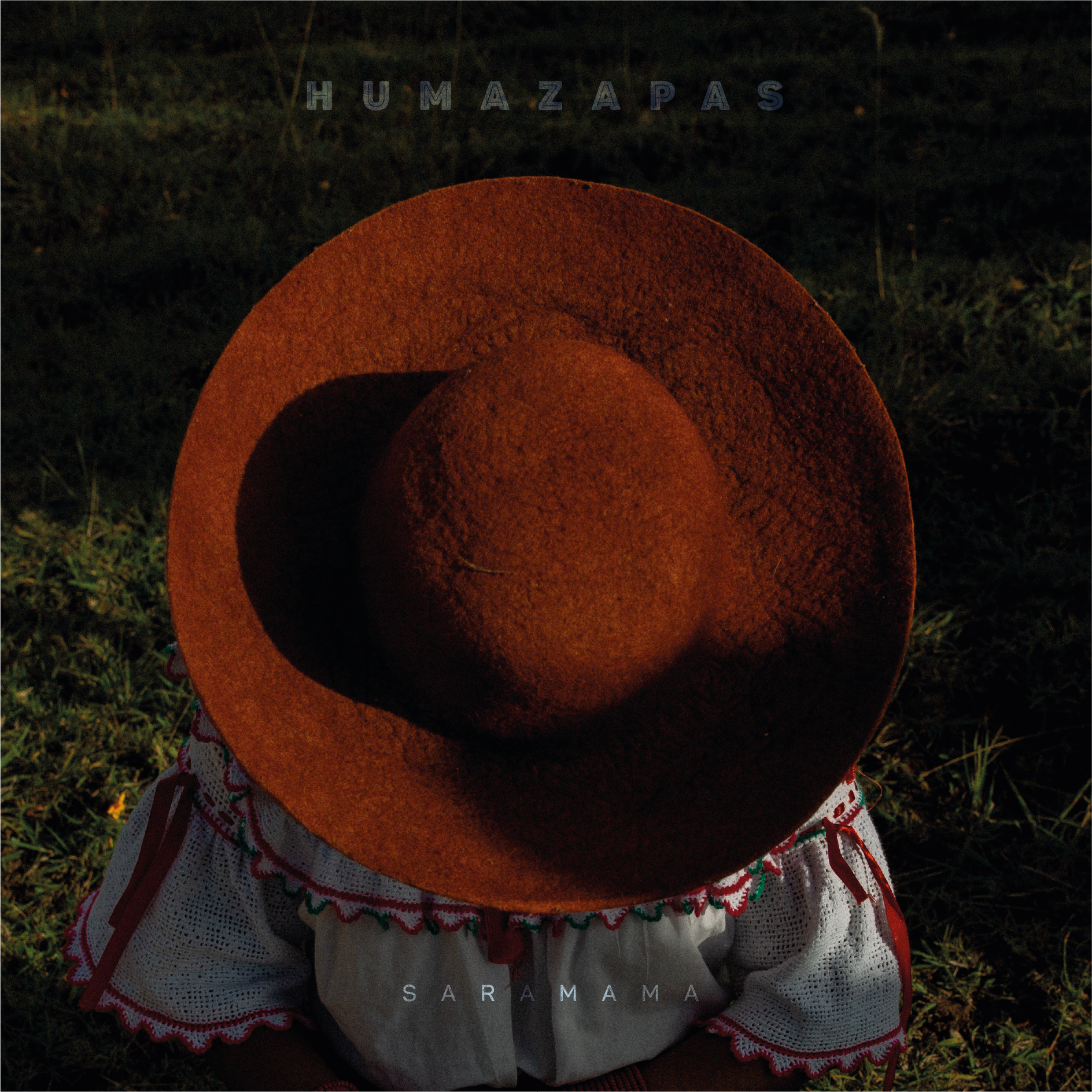Sara Mama
Humazapas

Humazapas

The concept of “getting back to your roots” rarely has such a literal meaning, or at the same time such an ancestral meaning, as in the case of the Ecuadorian group Humazapas. Usually in the music industry this concept is used when an artist returns to a past sound, going back to that moment of newness, exploration and ingenuity, perhaps. But not Humazapas. These natives of the Kichwa communities of the Ecuadorian Andes, who have been working on this project for a decade, see “getting back to your roots” as a profound connection with their cultures, language, dance, the rituals that connect them to their deities and, of course, music.
Humazapas was formed in 2010, when twelve teenagers from the Kichwa communities of Turuku, San Pedro, Jatun Topo and Anrabí decided to salvage the sounds and ritual dances of the Kichwa communes at the foot of the Tayta Imbabura and Mama Cutakachi volcanoes. The group explores an ancestral exercise translated into the fusion of native musics and contemporary structures, proposing the continuity of the art of the ancestral peoples and nationalities of Ecuador in future generations. Like a sonic document, it also ties in dance and the audiovisual arts to translate an experience through the journey of a seed that is born from the earth, sprouts from it and whose fruit has fed, and will continue to feed, generations for centuries.
After over a decade of research and interest in returning to ancestral knowledge, the group made up of eight musicians and four dancers, weaving in their discourse the cosmovision of community life with people, nature and the world of the deities, finally release their debut record Sara Mama, which translates as “Mother Corn” in English. Corn is one of the sacred grains that conceals knowledge in its crop and the magic of the rituals of raising, nurturing and celebrating life, from preparing the earth to harvesting the dry grains.
The record has twelve songs about the relationship between humanity, nature and the world of deities. It varies between traditional rhythms like the churay, which prevails in songs like “Tamiajun”, “Pugyu”, “Adiós mamita”, “Romero Llullu Sisa”, “Pacho” and “Sara Tipi”, and the saruy in such compositions as “Rosa Kitumba” and “Warmi razu chakigupi.” Also present are the bambuco, the danzante, the yumbo, the capishka, all rhythms featuring bass drums, the Kichwa harp, guitars, mandolin, violin, cununo, djembe and high, festive voices to match these celebratory rhythms. The lyrics are in Kichwa, to preserve this language. They speak about the rains that herald the corn growing cycle and the preparation of the earth, such as in album opener “Jatun mama pacha,” and also in “Pugyu,” about the water that falls to the heart of the land, from which springs emerge, sacred places that keep life alive during times of drought. Other lyrics are more connected with mysticism, such as “Chichu Burru,” whose ritual sound is used to awaken the gods and spirits represented as mountains, volcanoes and lakes in the province of Imbabura. Their permission is needed to begin the corn growing cycle.
This debut record is ultimately a thematic work, whose narrative takes in the cycle of life like those roots that grow to form shoots, leaves and fruits, but also the cycle of death as that space in which life springs forth again, thanks to those beings who have departed and who surrender their energies for the community.
Sara Mama was composed, produced, arranged and recorded by Jesús Bonilla at ANTA Records in the Kichwa community of Turuku. It was mixed by Paul Cotacachi and Esteban Farinango (MalaFama), with collaborations by renowned Ecuadorian artists such as Danilo Arroyo and Matías Alvear. The album was mastered by the celebrated Ecuadorian DJ and producer Nicola Cruz.